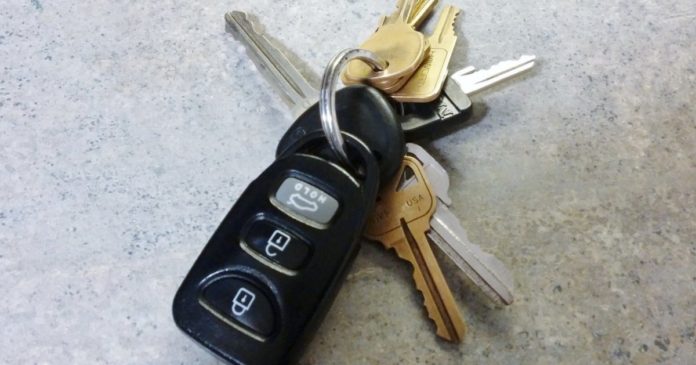A trial to gauge whether Victorians prescribed medicinal cannabis can drive safely is about to kick off.
As in most Australian states, it is illegal in Victoria to drive with any detectable amount of THC; an intoxicating cannabinoid that is present in many cannabis medicines. Traces of THC can be detected weeks after last use in some patients. But the dose makes the poison as they say and just because THC has the potential for intoxication, it doesn’t mean those who use it will be impaired; particularly after just a few hours since it was last consumed.
Medicinal cannabis use in Victoria has jumped 700 per cent over the past two years, so there are many more Victorians that have to make the choice between using a legally prescribed medication that helps them, or driving. This is even though patients using prescription opioids are allowed to drive if they are not impaired.
Early last year, then-Victorian Premier Dan Andrews signalled his government was considering tackling the thorny issue of medical cannabis and driving, and in August announced a trial to investigate the road safety risks.
That trial moved closer yesterday with the announcement the state government was partnering with Swinburne University of Technology to get things under way. The $4.9 million trial, said to be the first of its kind in the world, will run over 18 months. It will involve participants who have been prescribed medicinal cannabis for a sleep disorder, chronic pain, or a mental health condition for at least six months, and be carried out on a closed-circuit track that will mimic real-world driving conditions.
“Under our Government, Victoria was the first state in Australia to legalise access to medicinal cannabis – now our world-first trial will see if those taking this medication can safely get behind the wheel,” said Victorian Premier Jacinta Allan.
Even if the trial demonstrates they can, patients will have a long wait. In addition to the 18-month trial, there will be back and forth before laws are changed. The Australian Lawyers Alliance (ALA) last year argued related prosecutions should be put on pause while the trial is being conducted. The ALA also said the trial isn’t needed, drawing attention to a recent Swinburne University study indicating a negligible impact in simulated driving testing where patients took medicinal cannabis as prescribed.
Legalise Cannabis Victoria’s David Ettershank MP was critical of yesterday’s announcement, saying it directly contradicts the state government’s previous undertaking that the trial would be completed by December 2024.
“This is a huge blow for medicinal cannabis patients who have been legally allowed to access their medicine since 2016, but denied the right to drive when unimpaired,” he said.
Mr Ettershank has called on the Premier to follow Tasmania’s lead and allow Victorians “to drive without fear of recrimination” if they are unimpaired and using medical cannabis as prescribed.
Added: A new study out of Australia has indicated using cannabis medicinally before sleep may have minimal if any effect on driving the next day. In the study, none of the simulated driving outcome measures were significantly different between THC/CBD and placebo.


